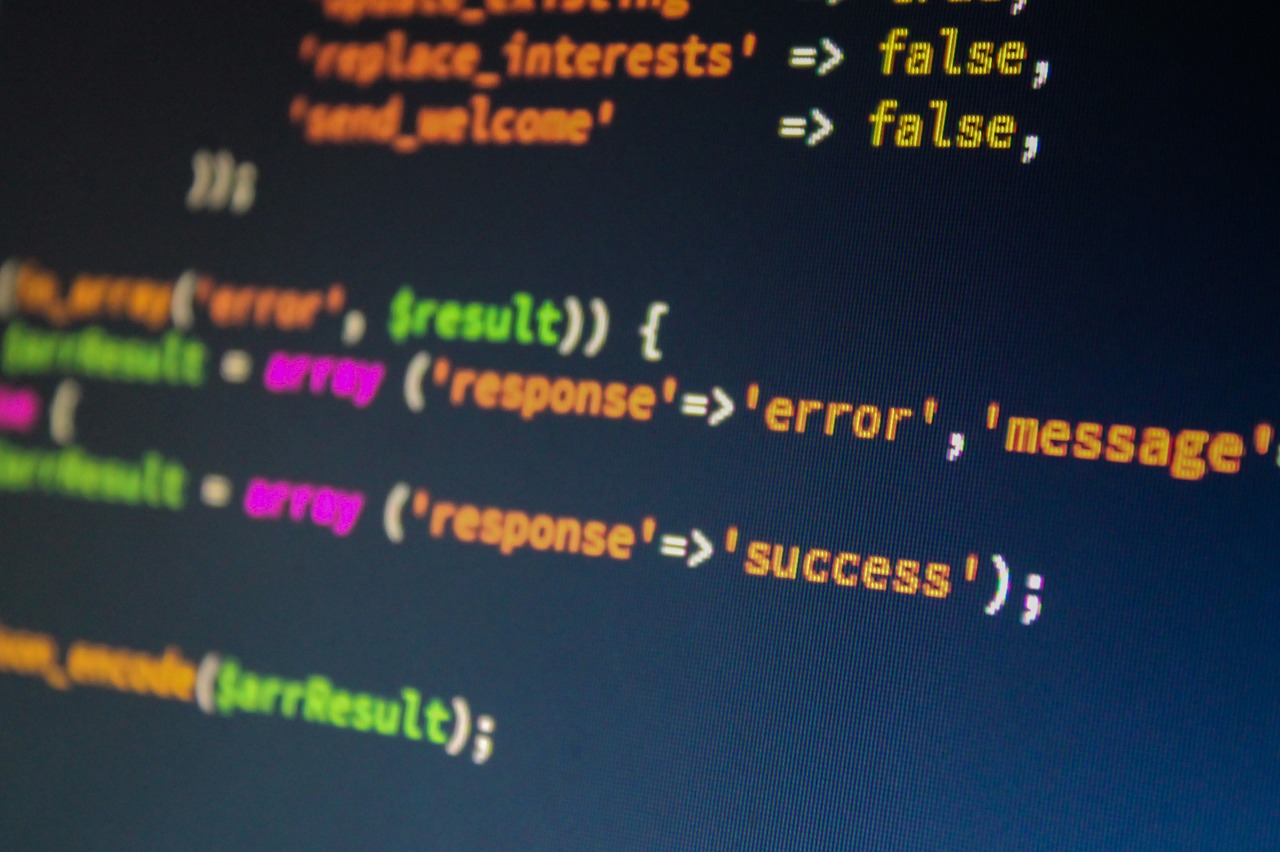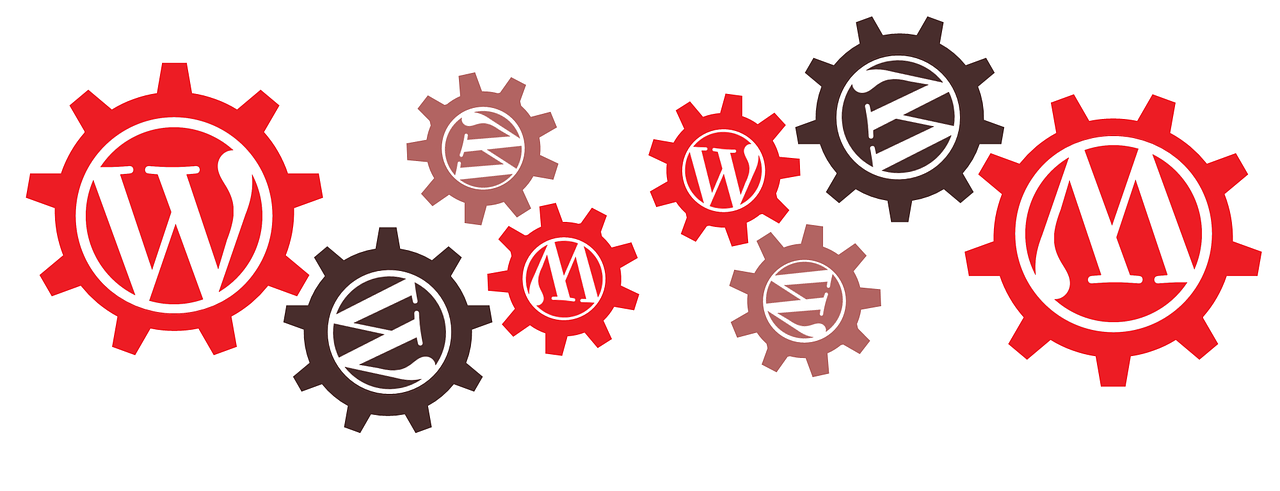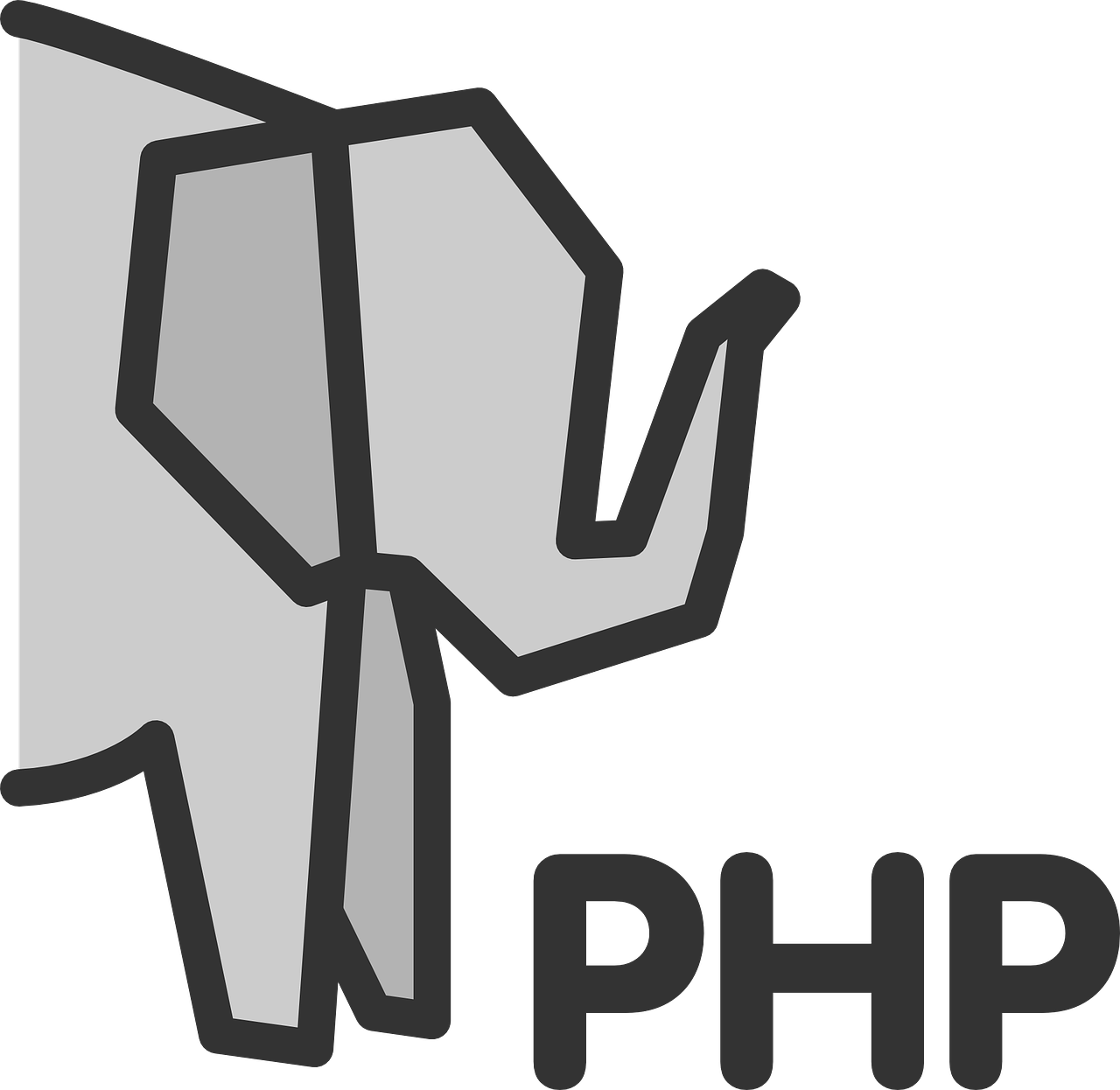
PHP is one of the most popular open-source scripting language that is widely used for web development. It has evolved significantly over the years, introducing new features and enhancements with each major release. Here’s a comparative overview of the key differences between PHP versions 7.4, 8.0, 8.1, 8.2, and 8.3:
PHP 7.4
Released in November 2019, PHP 7.4 focused on performance improvements and bug fixes. It introduced several new features, including:
- Typed Properties: Allow specifying the data type of class properties, enhancing type safety and error handling
- Scalar Type Declarations: Enable type declaration for scalar variables (int, float, string), improving type checking
- Anonymous Iterators: Create anonymous classes with the
new classsyntax, simplifying Iterator creation
PHP 8.0
Released in November 2020, PHP 8.0 introduced a significant set of new features, including:
- Null coalescing operator (
??): Allow conditional assignment for null values, simplifying null checks - Union types: Represent multiple possible data types in a single variable, enhancing type flexibility
- Intersection types: Define variables that must belong to multiple specific data types, improving type safety
PHP 8.1
Released in December 2021, PHP 8.1 brought more features and improvements, including:
- Enumerations: Define collections of named constants with type safety and value checks
- Readonly Properties: Mark properties as readonly, preventing modification after initialization
- First-class callable syntax: Treat functions as objects, allowing them to be used in object-oriented contexts
- Fibers: Enable lightweight asynchronous programming, allowing fine-grained control over code execution
PHP 8.2
Released in December 2022, PHP 8.2 introduced additional features and enhancements, including:
- Readonly Classes: Make entire classes readonly, preventing modification of properties and methods
- Disjunctive Normal Form (DNF) Types: Express complex type constraints using logical operators
- Allow null, false, true as stand-alone types: Represent null, false, and true as standalone types for stricter type checking
- New
RandomExtension: Provide a comprehensive set of random number generation functions
PHP 8.3
Released in November 2023, PHP 8.3 introduced further improvements and new features, including:
- Constants in Traits: Define constants within traits, allowing them to be referenced in derived classes
- Deprecation of Dynamic Properties: Deprecate the use of dynamic properties, encouraging explicit property declaration
- New Classes, Interfaces, and Functions: Introduce new language constructs and functionality
Comparison Chart
| Feature | PHP 7.4 | PHP 8.0 | PHP 8.1 | PHP 8.2 | PHP 8.3 |
| Typed Properties | Yes | Yes | Yes | Yes | Yes |
| Scalar Type Declarations | Yes | Yes | Yes | Yes | Yes |
| Anonymous Iterators | Yes | Yes | Yes | Yes | Yes |
| Null coalescing operator | Yes | Yes | Yes | Yes | Yes |
| Union types | Yes | Yes | Yes | Yes | Yes |
| Intersection types | Yes | Yes | Yes | Yes | Yes |
| Enumerations | No | Yes | Yes | Yes | Yes |
| Readonly Properties | No | No | Yes | Yes | Yes |
| First-class callable syntax | No | No | Yes | Yes | Yes |
| Fibers | No | No | Yes | Yes | Yes |
| Readonly classes | No | No | No | Yes | Yes |
| Disjunctive Normal Form (DNF) Types | No | No | No | Yes | Yes |
| Allow null, false, true as stand-alone types | No | No | No | Yes | Yes |
| New Random Extension | No | No | No | Yes | Yes |
| Constants in Traits | No | No | No | Yes | Yes |
| Deprecation of Dynamic Properties | No | No | No | Yes | Yes |
Overall, the newer versions of PHP offer significant performance enhancements, improved type safety, and more advanced language features. It’s generally recommended to use the latest stable version of PHP for development and production environments.



Leave a Reply
Your email address will not be published. Required fields are marked *